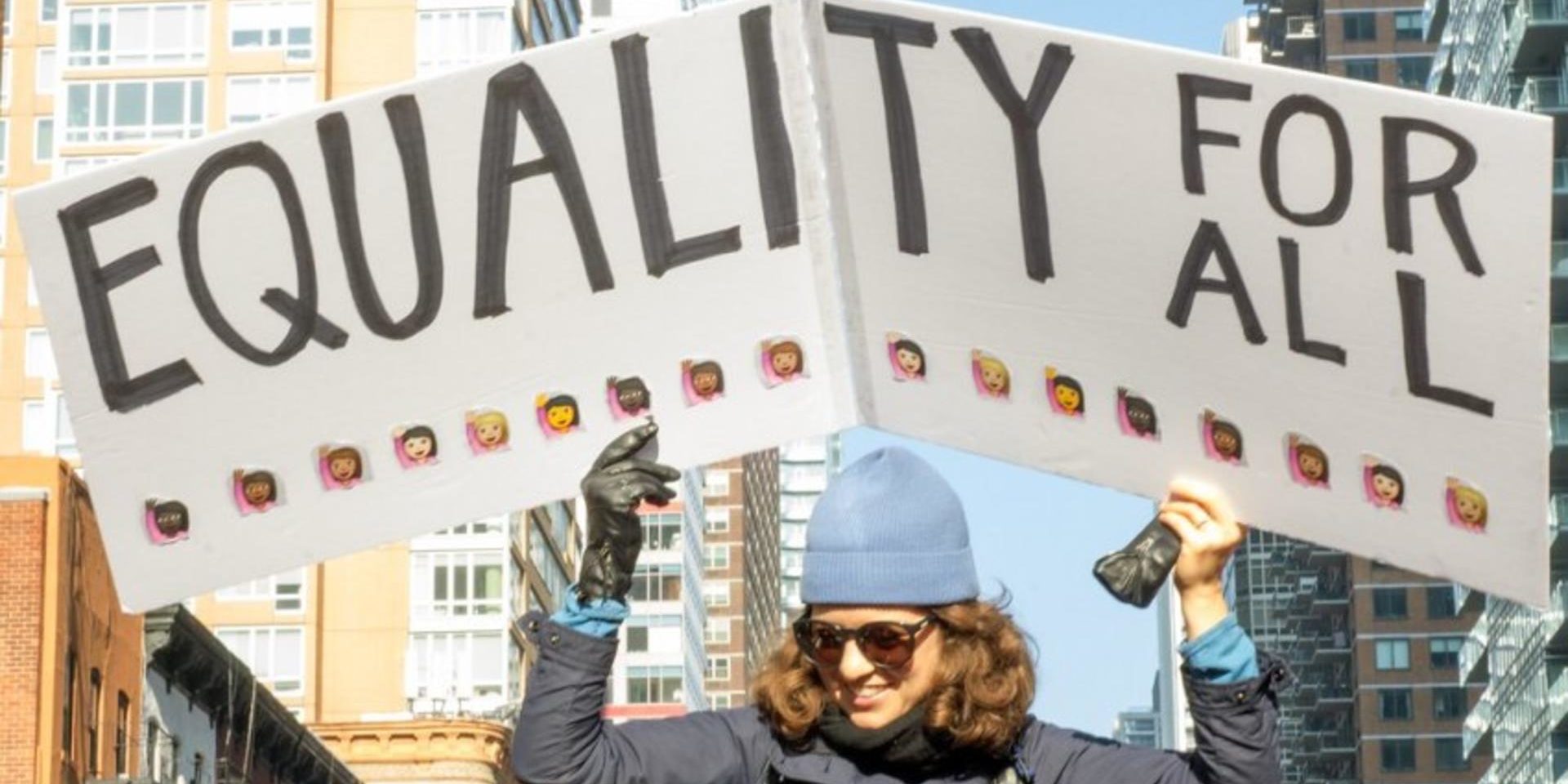10 Ways to Improve Gender Equality at the UN
Originally posted at the Inter-Parliamentary Union´s website
Gender equality is vital to realizing human rights for all; without it we have no hope of achieving the 17 Sustainable Development Goals. Yet no country has achieved full gender equality. When it comes to women’s participation in parliament globally, we are still below 25 per cent – at the current rate of progress it will take another half century to reach gender parity.
The Human Rights Council and its mechanisms (HRC) and United Nations treaty bodies are at the heart of the international human rights framework, which is supposed to promote gender equality around the world. However, the numbers of women participating in UN treaty bodies are extremely low. If not even these bodies can guarantee gender equality, which institutions can? If they want people to respect them, the bodies responsible for upholding human rights around the globe must lead the way.
At the recent annual HRC gender integration panel we proposed 10 ways to achieve gender equality at the UN – including in the HRC and treaty bodies. We need innovative thinking to drive gender equality but most of all we need simple structural changes to overhaul the nomination and election processes and create an enabling environment. The 10 recommendations below have all been successfully implemented by other international organizations.
- Institutionalize equality measures to the greatest extent possible to bring about structural change.
- Adopt clear guidelines that unequivocally set gender equality as a criterion in nominating and electing candidates.
- Put in place formal, open, transparent procedures for selecting and nominating candidates; this includes making gender equality a specific objective in the election process.
- Make candidate shortlists gender-balanced. When submitting nominations for international positions, Member States should consider nominating a minimum of two people –one woman and one man- when appropriate considering the election process. Countries should consider gender parity as a goal when voting for these positions.
- Apply temporary special measures with clearly defined gender targets. This could include mandatory alternation between genders for any given Special Procedure mandate, and also giving priority to the election of women in positions where historically they have been underrepresented.
- Launch a diversity and inclusion policy setting compulsory targets, e.g. achieving gender balance by 2020.
- Track, collect data and introduce annual public reporting on gender balance. After all, we can’t fix what we can’t see. Producing an annual statement setting out measurable objectives and steps to implement the diversity and inclusion policy, along with a progress report, will ensure full disclosure of diversity and inclusion statistics.
- Provide elected individuals with family care support to encourage those who bear primary family responsibility, especially women, to apply for positions.
- Expressly encourage applications from candidates from a broad range of disciplines (e.g. social scientists) and with diverse subject-matter expertise, non-traditional experience and other valuable skills.
- Apply the best practices set out in the International Gender Champions’ Gender Responsive Assemblies Toolkit, which draws on innovative, tried-and-tested best practice from other international organizations.
Why are we so concerned?
In the HRC, women experts are over-represented in the panels and mandates that focus on women’s and children’s rights issues, and under-represented in forums on security and torture. For UN Special Procedures, only 36 of 80 available positions, were occupied by women as of July 2019. What’s more, out of 56 UN Special Mandates, 15 have NEVER been held by a woman, including mandates on the right to health, on torture, and on freedom of expression. We recommend that in upcoming Special Procedure appointments, women be selected for positions never previously held by women.
Of the 10 treaty bodies, only the Committee on the Elimination of Discrimination against Women and the Committee on the Rights of the Child, as well as the Subcommittee on Prevention of Torture, have 50 per cent or more women. And even though there is specific language on the importance of gender balance in the Convention on the Rights of Persons with Disabilities, the Committee thereon had only one woman among its 18 members until June 2018 (currently six members are women, following a strong public campaign). Some of this can be accounted for by the lack of transparency and the political trade-offs in the treaty bodies’ nomination and election processes – the biggest of which is gender equality in treaty body membership.
Additionally, the data on gender equality in many UN forums remains unclear, including regarding delegations attending the HRC sessions. Yet, we know for a fact that disclosure of data is a first step in achieving progress.
We need international organizations to walk the talk. For example, the Inter-Parliamentary Union (IPU) has been tracking women’s participation at its Assemblies, and sharing that information publicly. To achieve progress, it has put in place several incentives and sanctions for its members in order to ensure gender equality in its governance structure and on delegations. At the most recent IPU Assembly in October 2019 in Belgrade, Serbia, the Organization adopted amendments to strengthen its existing measures. From now on, single-sex delegations will have their voting rights in the Governing Council reduced to one vote from three, whereas under the previous rules single-sex delegations retained two votes. Also, sanctions that restrict the number of delegates a parliament is entitled to send to an Assembly are now applied after parliaments send single-sex delegations to two consecutive Assemblies instead of three. This step is a testament to the fact that where there is political will, anything is possible.
Caitlin Kraft-Buchman, CEO / Founder of Women@theTable
Martin Chungong, Secretary General of the Inter-Parliamentary Union
Elizabeth S. Salmón, Chair of the UN Human Rights Council Advisory Committee
Alejandra Vicente, Member of the Secretariat of the GQUAL Campaign

